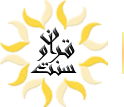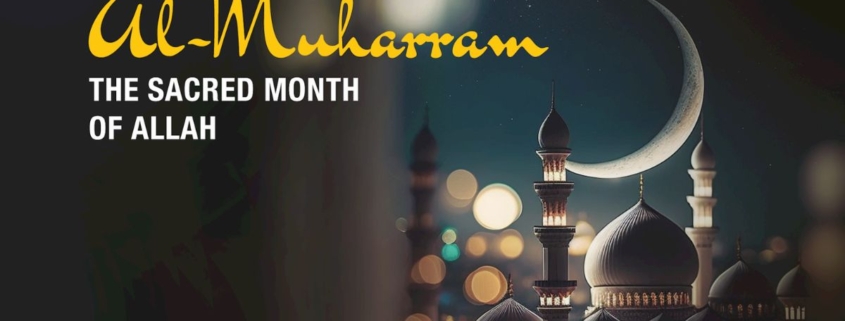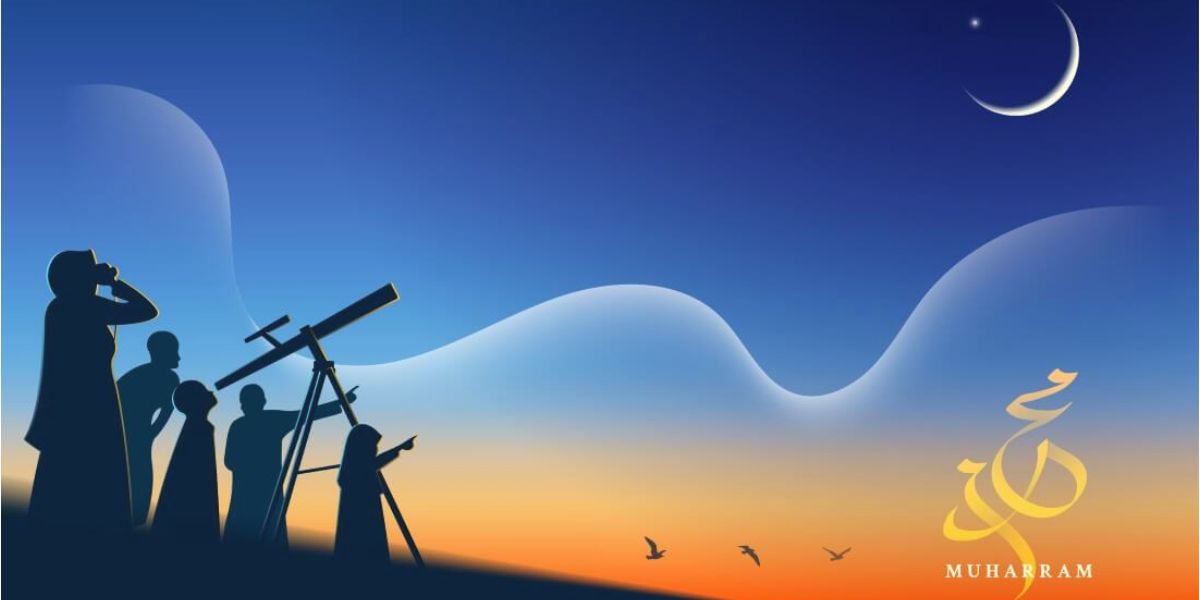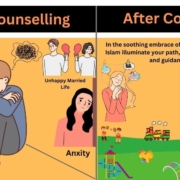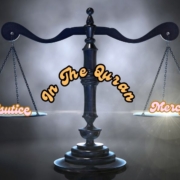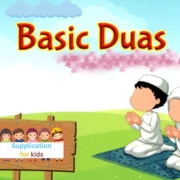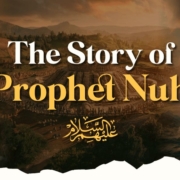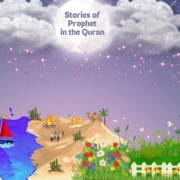Unveiling the Educational Significance of Hijri Islamic New Year
The Islamic New Year, marked by the beginning of Muharram in the Hijri calendar, holds profound educational significance within Islamic tradition. Beyond its role as a time for spiritual renewal and reflection, the Hijri New Year is a beacon of learning and enlightenment, imparting valuable lessons that resonate across cultures and generations. This article explores the educational aspects of the Hijri New Year, highlighting its importance in fostering knowledge, wisdom, and spiritual growth.
Historical and Cultural Context
- Origins of the Hijri Calendar: The Hijri calendar, established during Prophet Muhammad’s migration (Hijra) from Mecca to Medina, represents a pivotal moment in Islamic history. It marks the beginning of a new era for Muslims and symbolizes resilience, faith, and community solidarity.
- Chronological Framework: The Hijri calendar provides a chronological framework for organizing Islamic events, rituals, and historical milestones. Its lunar-based system encourages a cyclical reflection on time and the passage of seasons, aligning with natural rhythms and celestial movements.
Educational Insights from Hijri New Year
- Concept of Hijra: The Hijri New Year commemorates Prophet Muhammad’s journey from persecution to freedom in Medina, emphasizing the principles of perseverance, trust in divine guidance, and the importance of seeking knowledge and community support.
- Spiritual Renewal and Introspection: Muslims view the Hijri New Year as an opportunity for spiritual renewal and introspection. It encourages individuals to reflect on their actions, seek forgiveness, and set new goals aligned with Islamic teachings and values.
Lessons in Islamic Teachings
- Unity and Brotherhood: The migration of Prophet Muhammad and his followers underscores the significance of unity and brotherhood among Muslims. It is a timeless lesson in community building, cooperation, and mutual support.
- Social Justice and Equality: The Hijra highlights principles of social justice and equality, as Prophet Muhammad established a just society in Medina based on mutual respect, tolerance, and compassion for all individuals, regardless of background or status.
Contemporary Relevance and Application
- Educational Programs and Seminars: Educational institutions and Islamic centers often host programs and seminars during the Hijri New Year to educate communities about its historical significance, cultural impact, and relevance in modern times.
- Cultural Celebrations and Festivities: Across the Muslim world, cultural celebrations during Muharram include lectures, exhibitions, and artistic performances that educate and inspire individuals of all ages about the values and teachings associated with the Hijri calendar.
Promoting Cross-Cultural Understanding
- Interfaith Dialogue and Outreach: The Hijri New Year provides an opportunity for interfaith dialogue and outreach, fostering mutual understanding and respect between diverse communities. It encourages discussions on shared values and ethical principles.
- Global Observance: As Muslims worldwide observe the Hijri New Year, the occasion promotes cultural diversity and cross-cultural exchange, contributing to a broader appreciation of Islamic heritage and its contributions to human civilization.
Conclusion
The educational significance of the Hijri New Year extends beyond its religious observance; it serves as a platform for learning, enlightenment, and cultural enrichment. From its historical roots in the Hijra to its contemporary relevance in promoting social justice and unity, the Hijri New Year inspires individuals to embrace knowledge, uphold moral values, and contribute positively to society. As Muslims commemorate this auspicious occasion each year, they renew their commitment to spiritual growth, community service, and fostering understanding across cultures.
In essence, the educational significance of the Hijri New Year reaffirms the enduring legacy of Prophet Muhammad’s teachings and the timeless wisdom embedded within the Islamic calendar. It encourages individuals to embark on a journey of self-improvement, empathy, and continuous learning, reinforcing the universal principles of compassion, justice, and respect for all humanity.
